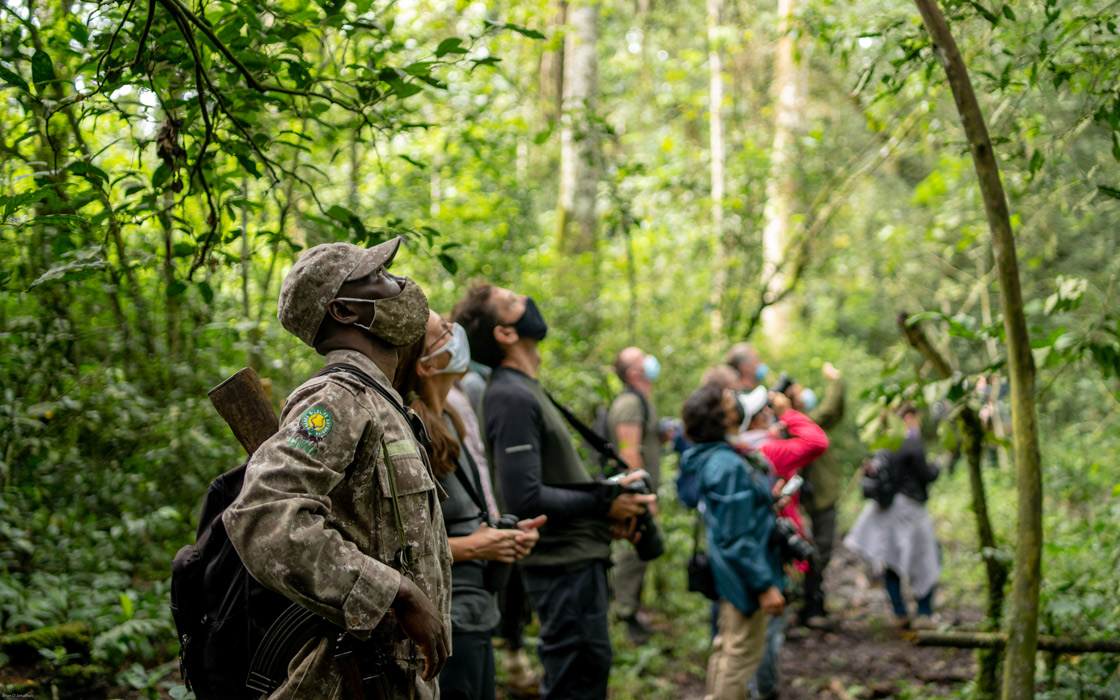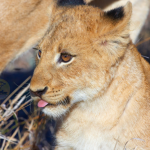Health Advice for Uganda, Rwanda, Kenya, and Tanzania
Health Advice for East Africa. The trip to East Africa is an experience filled with rich wildlife, culture, and magnificent landscapes of this landmass, but it should not be made without consideration of the prevailing health conditions in each country. Here is a detailed health guide for the countries of Uganda, Rwanda, Kenya, and Tanzania in order for you to stay healthy on your adventure.
HEALTH ADVICE FOR UGANDA
Lying in the very heart of East Africa, Uganda boasts lush landscapes, teeming wildlife, and hospitality. From trekking mountain gorillas in mist-shrouded forests in Bwindi, to enjoying safari excursions in Queen Elizabeth and Murchison Falls National Parks, you may wish to stay healthy just to maximize on your adventure.
Vaccinations.
Ensure you are up to date on routine vaccinations like measles, mumps, and rubella before traveling to Uganda. Also, consider Hepatitis A, Hepatitis B, Typhoid, and Tetanus vaccinations. The yellow fever vaccine is obligatory for entry into the country, and you are supposed to have your vaccination certificate with you.
Malaria.
Uganda is one of those countries where malaria is endemic, and precautions should be taken to avoid the disease. Insect repellents with DEET are to be used, and one is advised to wear long sleeves and trousers in the evening and also sleep under mosquito nets.
Food and Water Safety.
One can drink bottled or boiled water; avoiding raw or undercooked foods will not give any problem. Well-cooked foods are a good alternative, and for people with sensitive stomachs, it is best to avoid street food.
Insurance.
Have comprehensive travel insurance including medical evacuation, especially for travel to remote areas.
Local Medical Facilities.
Generally good in Kampala and other major towns, limited in rural areas. It is always a good idea to carry a basic medical kit with you for minor illness/injuries.
Altitude Sickness.
If you intend to go trekking in the Rwenzori Mountains, expect high altitudes. Ascend at a slow pace and stay well hydrated to limit the risk of developing altitude sickness.
HEALTH ADVICE FOR RWANDA
Rwanda, popularly known as the “Land of a Thousand Hills,” has some of the most breathtaking landscapes combined with an interesting cultural heritage. From the serenity at Lake Kivu down to the exhilarating experience of gorilla trekking in Volcanoes National Park, proper health preparation will help make the trip safe and enjoyable
Vaccinations.
Ensure that you are immunized against Hepatitis A, Hepatitis B, Typhoid, and Yellow Fever. Proof of Yellow Fever vaccination is required for entry into Rwanda.
Malaria.
There is some risk of malaria, though less than some of its immediate neighbors. Take DEET mosquito repellent, wear protective clothing, and antimalarial medication if prescribed by your doctor.
Travel Insurance.
Health insurance covering emergencies, including evacuation, should be obtained. Health facilities are good in the cities but may be poor in rural areas.
Food and Water Safety.
Bottled or boiled water; avoid eating raw foods. Well-cooked dishes are the way to go, avoiding food-borne diseases.
Altitude Considerations.
You will be traveling to Volcanoes National Park for gorilla trekking, and you could be experiencing altitude sickness. Make sure you acclimatize properly, and if any symptoms occur, try inquiring from your guide.
HEALTH ADVICE FOR KENYA
Kenya ranges from the open savannahs of the Maasai Mara to the dramatic lands of the Rift Valley, making it one of the leading safari destinations in the world because of its diverse wildlife and dynamic cultures. For a maximized Kenyan adventure, one needs to be health-ready.
Vaccinations.
Hepatitis A, Hepatitis B, Typhoid, and Tetanus-consult your doctor on the current status of your vaccinations. Yellow fever vaccination required for entry; carry your yellow fever vaccination certificate.
Malaria Prevention.
Kenya is malaria-endemic, especially in low-altitude areas. Insect repellents containing DEET are useful; wear protective clothing; sleep under mosquito nets. If recommended by your healthcare provider, consider antimalarial medication.
Travel Insurance.
Comprehensive travel insurance is quite necessary. This insurance policy must cover medical emergencies and evacuation. Kenya has good health facilities, but one should be prepared for any eventuality.
Health Services.
Nairobi and major towns have well-equipped hospitals. For remote areas, prepare with a comprehensive first-aid kit and know where the nearest health facilities are.
Food and Water Safety.
Bottled or boiled water; well-cooked foods. Avoid street foods to prevent foodborne illness.
Altitude Sickness.
Travelers’ risk for Altitude Sickness will depend on the altitude at which they travel. Travelers intending to go to the highlands should be aware of altitude sickness symptoms, such as in the Aberdare Range or Mount Kenya. Gradual acclimatization and hydration may help.
HEALTH ADVICE FOR TANZANIA
Tanzania is an adventure destination such as through its spectacular wildlife safaris in Serengeti National Park, or the majestic Ngorongoro Crater, to the tropical paradisiacal islands of Zanzibar. Good health practices will heighten your experiences in this glorious country.
Vaccinations.
Hepatitis A, Hepatitis B, Typhoid, and Tetanus vaccinations are recommended. Yellow fever vaccination is required, and your certificate should be carried along with you.
Malaria.
Tanzania is a malaria endemic region. Protect yourself with insect repellent containing DEET, wear long sleeves and pants, and make use of mosquito nets. Antimalarial medication is according to recommendation by your doctor.
Travel Insurance.
Get travel insurance covering medical emergencies and evacuation. Medical facilities in larger cities are quite good, but remote areas are likely to be somewhat limited.
Food and Water Safety.
Bottled or boiled water only-no raw or undercooked foods. Stick to safe eating practices to prevent digestive issues.
Altitude Considerations.
Climbing Mount Kilimanjaro or going to the highlands requires one to be aware of altitude sickness. Ascend slowly, drink plenty of water, and listen to your guide.
Local Health Facilities.
Medical facilities are good in main cities, like Dar es Salaam and Arusha. For other regions, excluding urban areas, a basic first-aid kit should be brought from home, including knowledge of nearby health facilities.
Remarks
Follow these health tips, and you will be more ready to enjoy the enriching experiences that Uganda, Rwanda, Kenya, and Tanzania have in store for you. Safe travels, and happy adventures!
©2024 Arcadia Safaris for a Memorable Holiday








